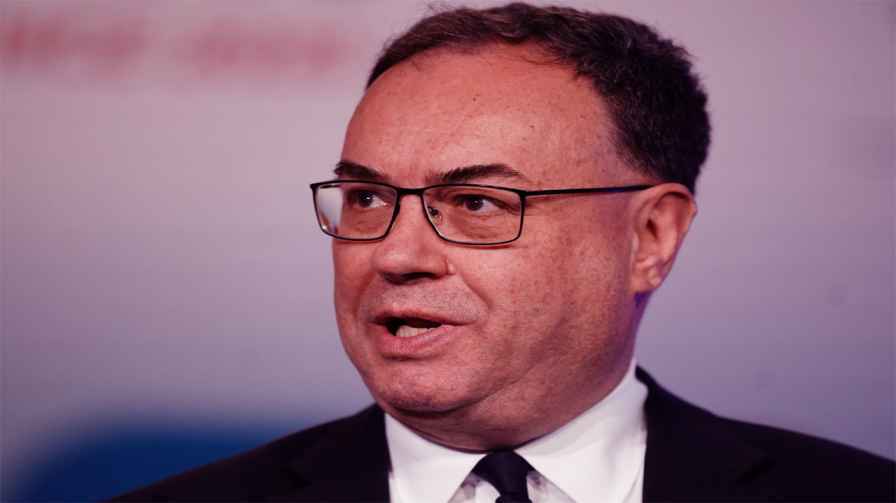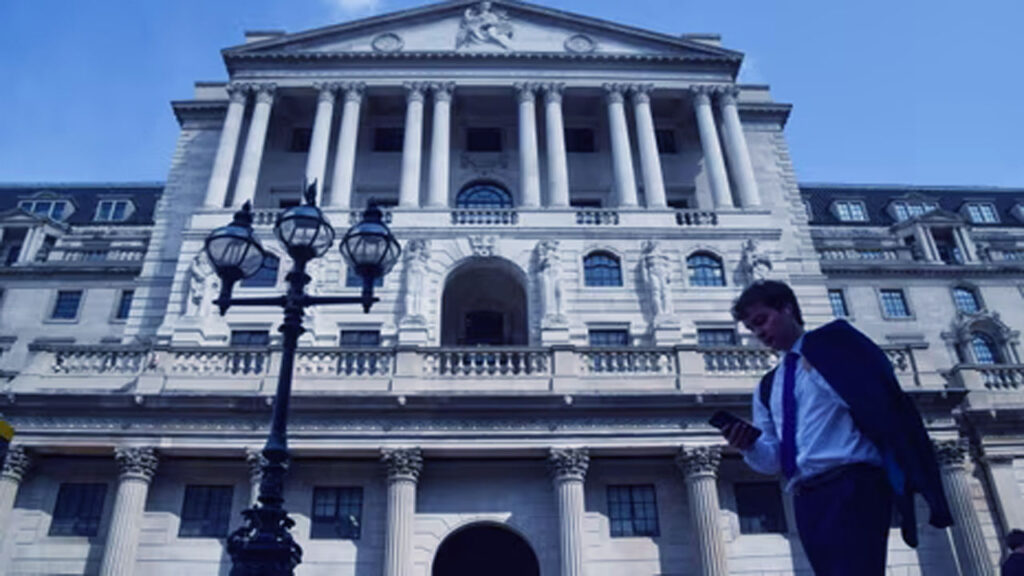Bank of England interest rate hike, Bank of England’s Potential Interest Rate Hike Amidst Slowing Inflation: Key Insights, inflation slowdown insights, Consumer Prices Index (CPI) inflation, Economic challenges and pressures

The possibility of the Bank of England raising its base interest rate once again is on the horizon, prompted by official data that indicates a slowdown in inflation to a 17-month low.
On Wednesday, August 16, the Office for National Statistics (ONS) disclosed that the Consumer Prices Index (CPI) inflation for July registered at 6.8 percent, down from June’s 7.9 percent, marking the lowest rate since February 2022.
Chancellor Jeremy Hunt viewed this news as a positive signal that efforts to address inflation are yielding results. However, he acknowledged that the reading still signifies a notable increase in the cost of living. Analysts had initially projected July’s inflation rate to be 6.7 percent.
The most recent inflation figure raises inquiries about the Bank of England’s impending response, as it prepares to announce its next course of action regarding interest rates. Financial market predictions suggest a peak ranging between 5.75 percent and 6 percent.
In July, core inflation edged higher, and a record surge in wages during the three months leading up to June proved disappointing for the Bank of England. The bank is widely anticipated to raise rates to 5.5 percent at its forthcoming meeting on September 21.
Julian Jessop, Economics Fellow at the Institute of Economic Affairs, criticized the Bank of England for focusing on past rate increases rather than pausing to evaluate their impact. He asserted that while the headline inflation rate has decreased, core inflation (excluding food and energy) remains stuck at 6.9 percent. Jessop outlined reasons to expect a decline in inflation over the remainder of the year, including a significant deceleration in money and credit growth, along with indications of impending wage pressure relief due to rising unemployment and declining job vacancies. He expressed concern that the bank’s approach of looking at recent headline data instead of assessing the effects of previous policy tightening could lead to unnecessary interest rate hikes.

Read More
- Realizing Potential: State Pension Boosted to £220/Week Amid Triple Lock Pledge and Changing Economic Landscape.
- Urgent Battle for Wilko: Prospective Buyers Compete to Salvage Troubled Retailer Amid Impending Deadline and High-Stakes Bidding
Previously, analysts speculated that the Bank of England might aim to induce a recession to bring inflation back to the central bank’s mandated two percent target. However, figures released on Tuesday, August 14, revealed that wage increases had surged to a record high, although they were still outpaced by inflation. This added further pressure on the struggling central bank.
Official statisticians also recently reported that the UK’s unemployment rate had risen from 3.9 percent to 4.2 percent in the three months ending in June, with a record number of individuals experiencing long-term sickness.
The new data is expected to create challenges for Bank of England decision-makers, intensifying pressure to continue raising interest rates. Martin McTague, National Chair of the Federation of Small Businesses, expressed concerns about the modest decrease in inflation shown by the figures and the potential for renewed fears of an inflationary spiral, leading to further base rate hikes.
There is apprehension that rising wages might trigger a fresh wave of inflation in September, jeopardizing the momentum gained from June’s GDP growth.
James Smith, research director at the Resolution Foundation, observed that while inflation has decreased significantly over the past six months, the UK still holds the highest rate among G7 nations. He noted the bank’s challenging task in further controlling price pressures, particularly given the acceleration in wage growth. Smith suggested that even the Prime Minister’s commitment to halve inflation could become difficult to fulfill, let alone the Bank’s mandate of reducing it to two percent.
Read More
- £5.7 Million Road Transformation Advancing the Levelling Up Initiative
- Unlock the Santander Edge Saver: Earn 7% AER on Balances up to £4,000 + Extra Rewards!
- Urgent Battle for Wilko: Prospective Buyers Compete to Salvage Troubled Retailer Amid Impending Deadline and High-Stakes Bidding
- Realizing Potential: State Pension Boosted to £220/Week Amid Triple Lock Pledge and Changing Economic Landscape
- Unprecedented UK Wage Growth Spurs Sterling Uptick Amid Mixed Labor Market Signals